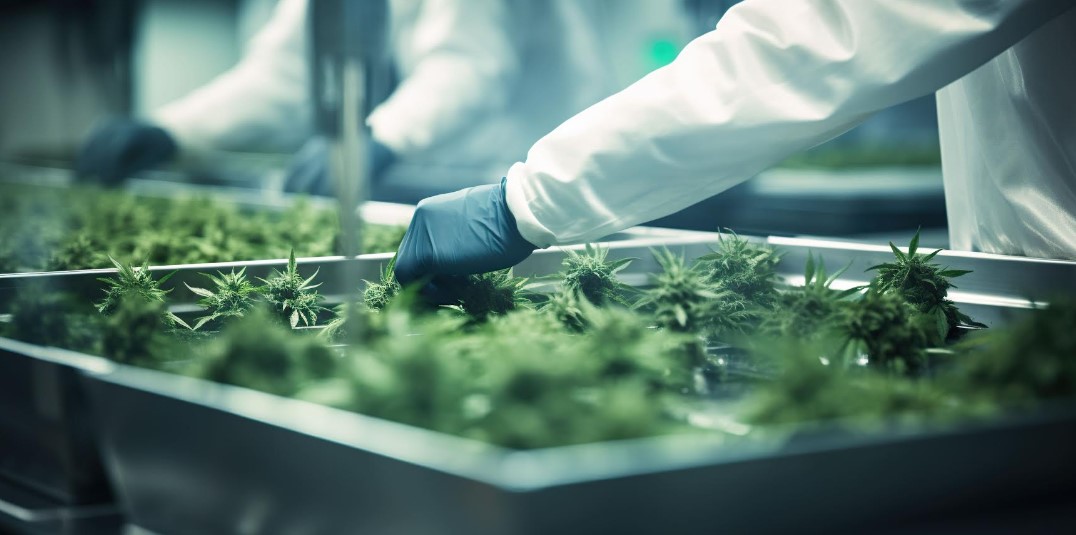Interstate Commerce and the Marijuana Industry: A Legal Question

An ongoing federal lawsuit contending that federal prohibition of marijuana has no rational basis raises an interesting question about the constitution’s interstate commerce clause: can that clause be used indiscriminately to prevent the states from doing things Washington doesn’t approve of? Personally, I am looking forward to the ruling.
I do not use marijuana in any form. I have no intention of ever doing so. Furthermore, I would be happy with it remaining illegal. But I’m also not a fan of the federal government’s historical misuse of the interstate commerce clause. Washington applying the clause to marijuana stretches the limits of the clause’s original intent.
A Particular Type of Commerce
The interstate commerce clause allows Congress and designated regulatory agencies to implement laws governing how business is conducted across state borders. But Congress and federal regulators have much less control over what happens within the states. Take trucking.
The trucking industry is one of the most heavily regulated in the country. Because most tractor trailers cross state borders, Washington has its hands in the industry. Any trucking company or independent contractor who carries goods across state lines is subject to federal regulation. But what about trucking companies and contractors operating within a single state?
Federal trucking regulations do not apply in such cases. Instead, trucking companies and independent contractors are subject to state law only. The constitution’s interstate commerce clause does not give Washington the authority to interfere in intrastate trucking. Plaintiffs in the previously mentioned lawsuit contend that a similar situation exists in the marijuana industry.
Marijuana Never Leaves the State
In every state that has decriminalized medical or recreational marijuana, there are rules in place to prevent carrying marijuana across state borders. Take Utah. All medical cannabis consumed in Utah must be cultivated, processed, and purchased within state borders.
Brigham City Utah’s Beehive Farmacy purchases medical cannabis from processors located in Utah. Those processors purchase plant material from state licensed cultivators. Nothing they do as part of their daily operations is in any way related to interstate commerce.
Here is the interesting thing: as long as every state with legal marijuana maintains the same border restrictions, none of them are allowing marijuana businesses within their borders to conduct interstate commerce. Thus, the constitution’s interstate commerce clause does not apply.
Why the Issue Has Come Up
Knowing that marijuana continues to be classified as a Schedule I controlled substance, you might wonder why this issue has come up at all. Congress gave the DEA legal authority to define illicit substances and to categorize any and all drugs considered controlled substances. This is separate from interstate commerce on its face.
Apparently, the lawsuit in question challenged the DEA’s authority over marijuana. The federal government’s response suggested that the interstate commerce clause afforded the DEA its authority because Congress has a vested interest in preventing interstate marijuana sales.
The plaintiffs might actually win their suit now that the government has brought the interstate commerce clause into the argument. To date, the government has turned a blind eye to state legalization efforts. By doing so, they have demonstrated no interest in continuing to regulate marijuana within state borders. That pretty much cancels out the interstate commerce argument.
Again, I neither use marijuana nor promote its legality. But I do support the idea of Washington being held to the constraints of the U.S. Constitution. If they are relying on the interstate commerce clause to support continued marijuana prohibition, then they need to be brought to task. Such actions represent neither the intent nor meaning of the all-important clause.
